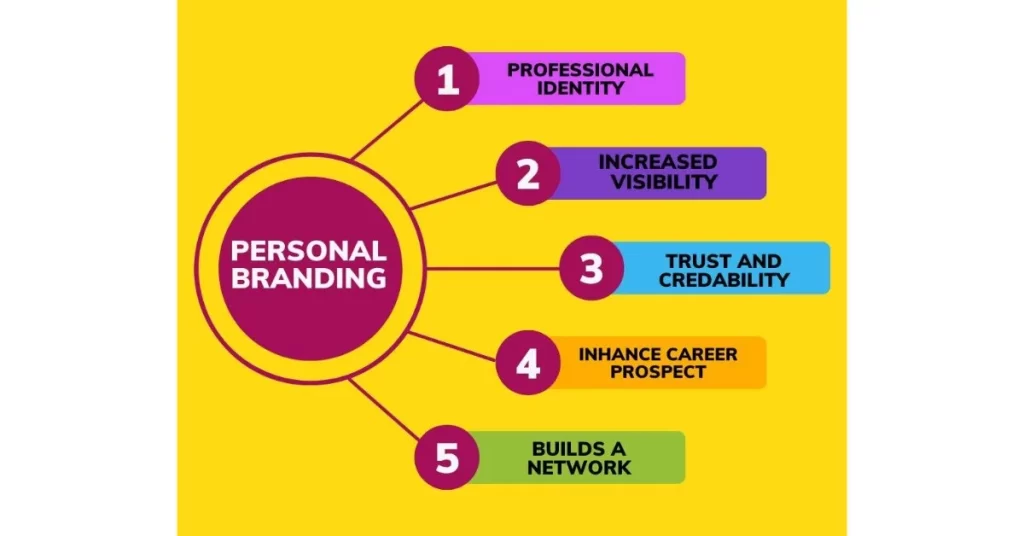Origin:
Psychology is the scientific study of mental states and behavior of an individual, has its roots in ancient civilizations like Greece, Egypt, India, Persia, and China, where philosophical contemplation of the mind and behavior existed. The word “psychology” originated from the Greek words ‘psyche,’ meaning mind or soul, and ‘logos,’ referring to study or discourse. Wilhelm Wundt is considered the pioneer, establishing the first psychological laboratory in 1879.
Definition:
Psychology is the scientific exploration of the mind and behavior. It is like a detective trying to understand how our minds work and why we behave the way we do. It is the study of thoughts, feelings, and actions, exploring both humans and animals. It is a toolkit to explore the mysteries that make us unique. For instance, they might investigate why people develop habits or how experiences shape our views on life.
For example, in psychology, researchers might investigate why certain behaviors occur, how emotions impact decision-making, or the factors influencing memory. This broad field encompasses various branches like clinical psychology, cognitive psychology, and social psychology, each focusing on specific aspects of the mind and behavior.
Different Methods of Psychology
1. Experimental Method: In this method, researchers conduct experiments to observe how changes in one variable affect another. It helps establish cause-and-effect relationships.
2. Observational Method: Researchers watch and record behavior without interfering. It’s like being a silent observer, noting how people or animals naturally behave.
3. Case Study: In-depth analysis of a person, group, or situation. It provides detailed insights into specific instances, often used in clinical psychology.
4. Correlational Research: Examines the relationship between two variables. It helps predict one variable’s behavior based on another.
5. Observation Method: Involves carefully watching and noting behaviors. It helps understand natural behaviors without manipulation.
6. Interviews or Surveys: Researchers directly ask individuals questions to gather information. It’s like having a conversation to understand thoughts and opinions.
- Neeharika Rajbhar




